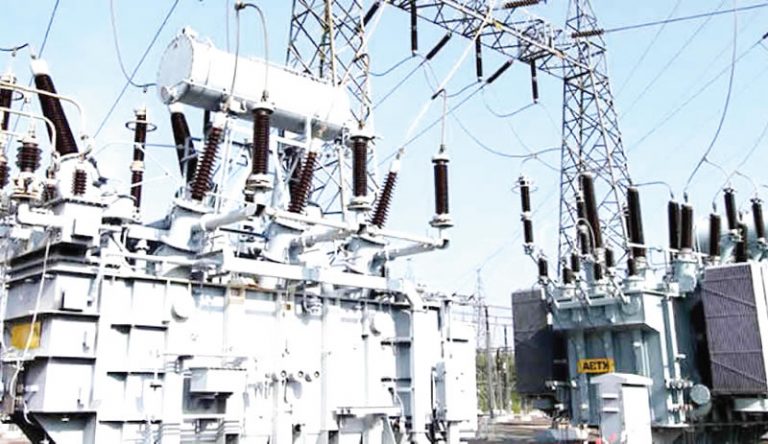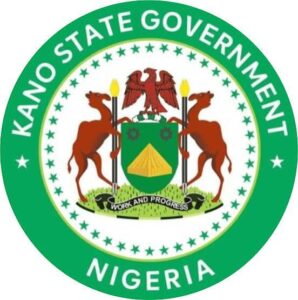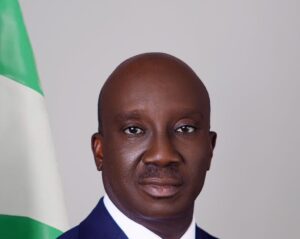An energy and logistics expert, Capt. Samuel Caulcrick, has called on the Federal Government to temporarily disconnect high-energy-consuming industries from the national grid as a way to stabilise power supply and reduce the country’s growing electricity subsidy bill, which currently stands at around ₦200 billion monthly.
Speaking in Lagos, Caulcrick, who is the Chief Executive Officer of Merchant Express Cargo, said factories, manufacturing plants, and other heavy users are putting enormous strain on the national grid contributing to frequent system collapses and stalling power generation at about 5,000 megawatts for more than 15 years.
He proposed that removing these large consumers from the grid, even for a limited period, would allow for much-needed maintenance and upgrades to improve reliability and increase generation capacity. During this phase, the government could support affected industries with an alternative subsidy of about ₦100 billion monthly to cushion the impact of the disconnection.
“If I were President Tinubu, I’d focus on the demand side of power. I’d sit down with CEOs of the biggest power users and offer them a 12-month transition off the grid, with discounted bills while we fix the system,” he said.
Caulcrick also highlighted that the Transmission Company of Nigeria (TCN) currently lacks the capacity to handle the disruptions caused by these maximum consumers. He noted that keeping them connected continues to weaken the grid and disrupt power delivery to households and small businesses.
He further suggested a new billing model, where every electricity user would receive 50 kilowatts free each month. Tariffs would then rise based on consumption, from Band D for lower usage to Band A for the highest.
“Let households and small businesses get more stable supply. Let big users migrate to Band A faster and pay for the extra capacity they consume. That’s how to balance the system,” he explained.
The proposal comes as President Bola Tinubu continues efforts to resolve liquidity issues in the power sector. Last week, Tinubu met with the heads of power generation companies (GENCOs) over a ₦4 trillion debt backlog. According to his Special Adviser on Energy, Mrs. Olu Verheijen, a bond programme has received preliminary approval to address the shortfall.
Caulcrick believes smarter consumption policies and grid reforms will not only save public funds but also support small-scale businesses, boost productivity, and improve the overall quality of life for millions of Nigerians.











